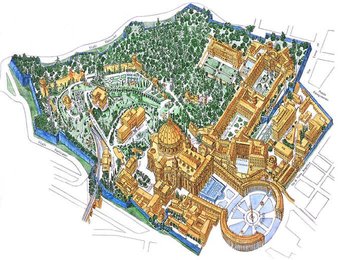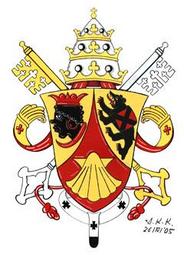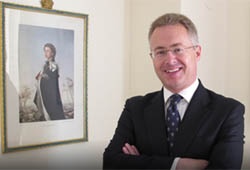Vatican City State was founded on this date in 1929 following the signing of the Lateran Pacts, later ratified on June 7, 1929.
Vatican City State is a sovereign State which is distinct from the Holy See under international law. When you walk into St Peter’s Square, or visit the extra-territorial buildings of the Vatican, you are actually walking out of the Italian state and into another state. The pope has diplomatic relations with nearly 200 governments and other agencies representing peoples. The pope is a head of state and the papacy is the longest serving leadership of a people in all of history. But as happens often, most people don’t make the clear distinction between what the Vatican is and what the Holy See does because of laziness. The confusion is understandable.
The ministry of Saint Peter and his successors, the bishops of Rome, Vicars of Christ, the Roman Pontiffs is by nature known as “apostolic” making the crucial distinction that it is directly connected with what the Lord did with the 12 Apostles and Disciples: to be sent on mission by preaching, teaching and sanctifying. Hence, we believe that the Catholic Church carries out its mission of a announcing the truth of the Gospel for the salvation of all humanity and in the service of faith, hope, love, peace and justice in favor of all peoples (without reservation). The Church’s mission, therefore, is religious, that is, the Church has a supernatural character and orientation, and not a political one; consequently our conception of what and who the Church is can’t be reduced to political and sociological conceptions. Scripture, sacraments, and service are not “policy statements.”
The Vatican has a central government to care for the work of Pope with regard to relations with governments, and temporal affairs. When we speak of the Church’s announcement of the gospel we speak of the departments related to that work: doctrine, worship, evangelization, schools, culture, canon law, etc. We call these departments the Roman Curia. Vatican City State is a singular instrument that’s independent of the Holy See, working to be a coherent earthly power at the service of the Divine Majesty.





